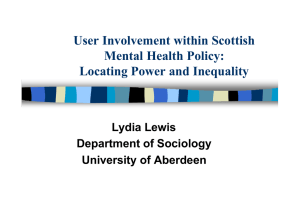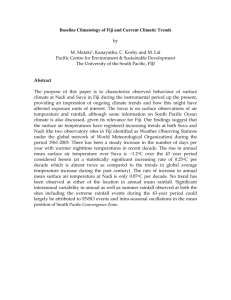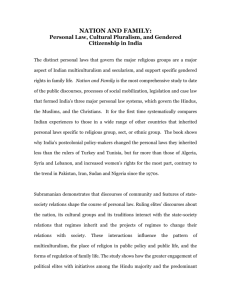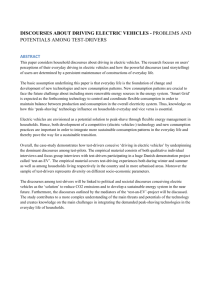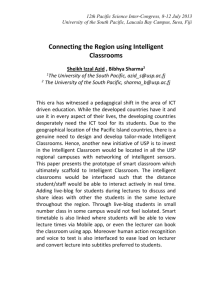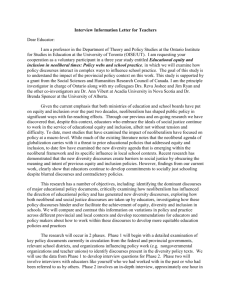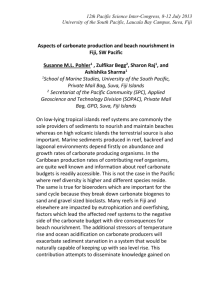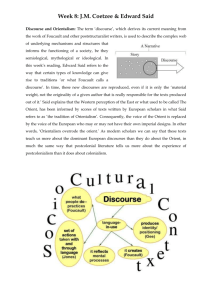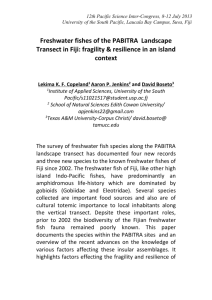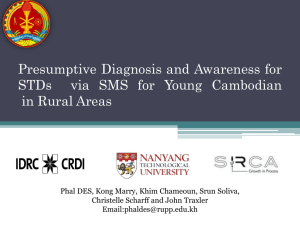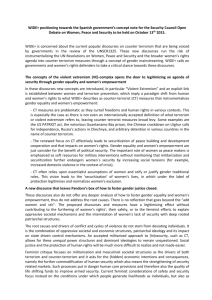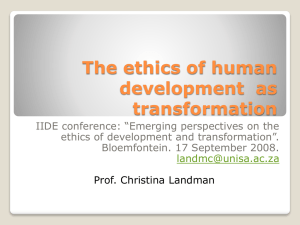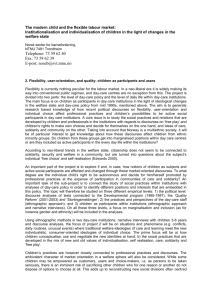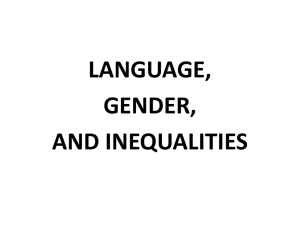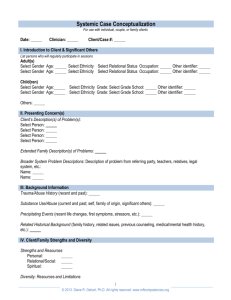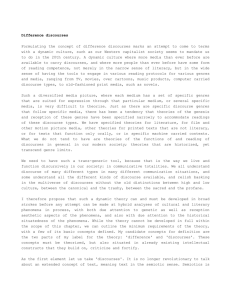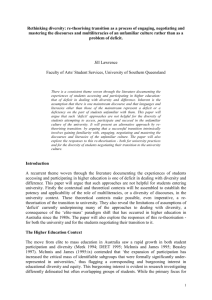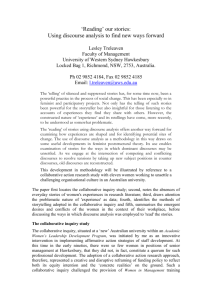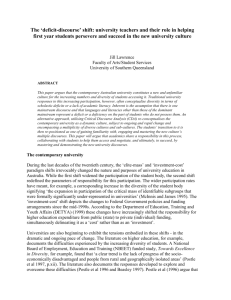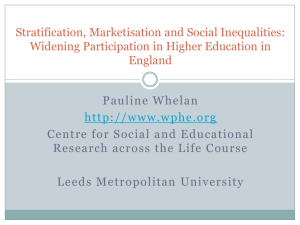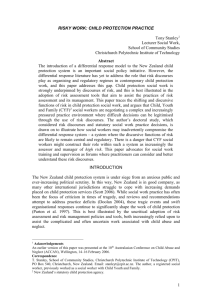Conference Abstract template - 12th Pacific Science Inter
advertisement
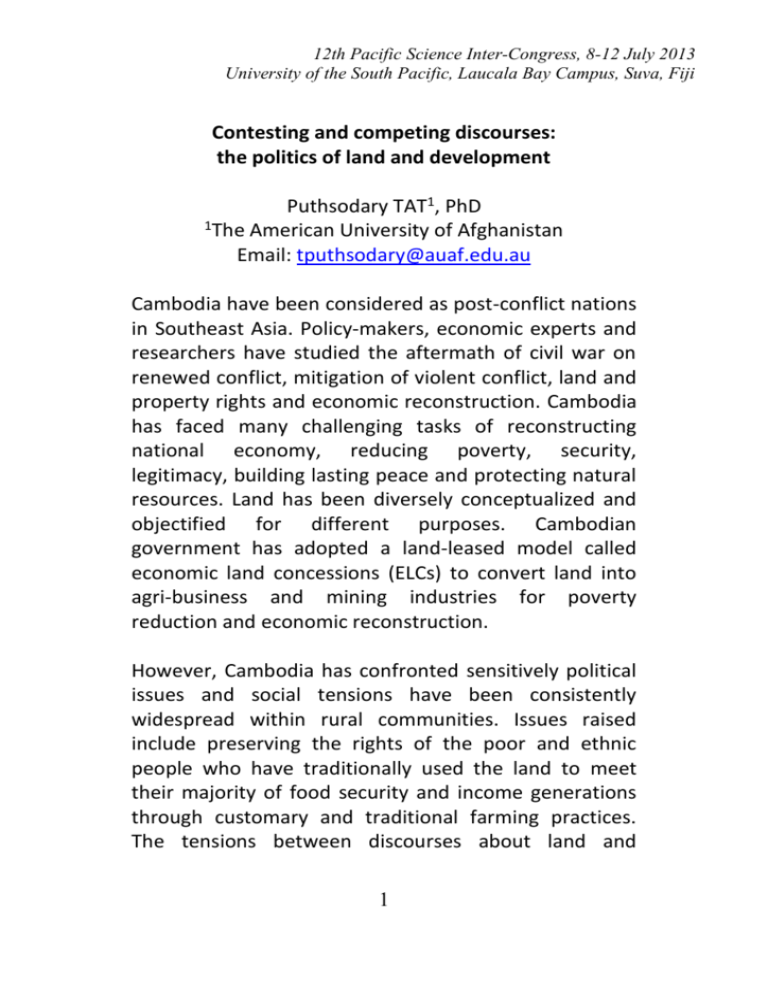
12th Pacific Science Inter-Congress, 8-12 July 2013 University of the South Pacific, Laucala Bay Campus, Suva, Fiji Contesting and competing discourses: the politics of land and development Puthsodary TAT1, PhD 1The American University of Afghanistan Email: tputhsodary@auaf.edu.au Cambodia have been considered as post-conflict nations in Southeast Asia. Policy-makers, economic experts and researchers have studied the aftermath of civil war on renewed conflict, mitigation of violent conflict, land and property rights and economic reconstruction. Cambodia has faced many challenging tasks of reconstructing national economy, reducing poverty, security, legitimacy, building lasting peace and protecting natural resources. Land has been diversely conceptualized and objectified for different purposes. Cambodian government has adopted a land-leased model called economic land concessions (ELCs) to convert land into agri-business and mining industries for poverty reduction and economic reconstruction. However, Cambodia has confronted sensitively political issues and social tensions have been consistently widespread within rural communities. Issues raised include preserving the rights of the poor and ethnic people who have traditionally used the land to meet their majority of food security and income generations through customary and traditional farming practices. The tensions between discourses about land and 1 12th Pacific Science Inter-Congress, 8-12 July 2013 University of the South Pacific, Laucala Bay Campus, Suva, Fiji development and local Cambodian discourses about the cultural identity and values of traditional land use often lead to major social and ethnic conflicts within local communities. This paper explored and examine contesting and competing discourses about land and development in Cambodia. It examines how discourses emerge in social, political, economic, environmental, and cultural practices and interactions. To understand and explore land related issues, the research uses a blend of critical and discourse theories of Habermas and Foucault to present a critique of economic development model. The issue of dominance, marginalization and oppression are considered, as is the powerful relationship between power and knowledge. Discourse analysis is used to analyse texts and the data collected from focus groups and in-depth interviews with 72 local participants and 16 key stakeholders including government officials, local non-government organisations and international experts about their experiences and responses to land disputes. The research finds that meanings of land are embedded in competing, conflicting, marginalising and oppressing discourses. These discourses lead to social and ethnic conflicts and primary and detrimental impacts on livelihoods, the destruction of cultural identity, economic and environment issues. This research will contribute to knowledge about development and land disputes, conflict mitigation and resolution, and intervention policies in Cambodia. 2 12th Pacific Science Inter-Congress, 8-12 July 2013 University of the South Pacific, Laucala Bay Campus, Suva, Fiji Key Words: (Discourse, conflict, land, and development). 3
